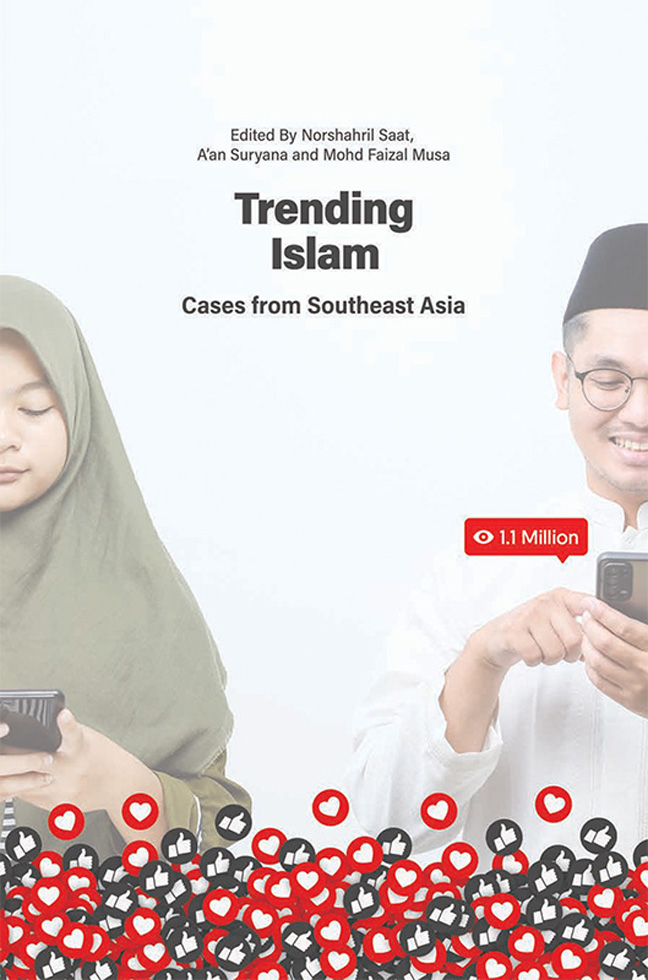9 - YouTube Islamic Web Series and the Mediatized Piety among Urban Muslims in Indonesia
Published online by Cambridge University Press: 26 March 2024
Summary
Introduction
Muslim identity has become a discursive battleground in contemporary Indonesia. With over 229 million Muslims—that is, approximately 87 per cent of its total population, Indonesia is home to the world’s largest Muslim population. One of the most prevalent practices among Indonesian Muslims today, particularly those from urban areas, is to display their religious activities and traits on social media (Slama 2018; Weng 2018; Nisa 2018). In her study on the role of commercial television in mainstreaming Islam in Indonesia, Rakhmani (2017) posits that urban Muslims are experiencing a “spiritual anxiety”—that is, the desire to adopt a more Islamic way of life and behaviour, and seeking moral guidance through media content such as television shows. Notably, in today’s digital era, urban Muslims rely on social media for religious content such as watching YouTube sermons, following Instagram religious study groups, and streaming movies with Islamic values as they are easily accessible and offer audio-visual message delivery. Furthermore, more Muslims are utilizing social media as the technological and interactive capabilities of social media enable personal expressions and discussions of Islam, fostering a more individualized form of piety. To explain this new phenomenon, Bunt (2018, p. 1), in his book #Hashtag Islam, notes that contemporary expressions of Islam are increasingly relying heavily on digital media in which “faith, command, and control are manifest across complex systems of Muslim beliefs”.
According to Hefner (2010), the Islamic resurgence in Indonesia is part of a much larger religious resurgence in contemporary Asia. This spans from Catholic Filipinos converting to Pentecostal Christianity, the proliferation of meditation movements in Vietnam, to the increasing number of Buddhists in China despite the country’s secular Marxist- Leninist ideology. Interestingly, in all three cases, social media plays a crucial role, serving as a platform for individuals to display their piety, interact and exert influence on one another. A similar trend can also be observed in the Arab world where a group of young, middle-class, pious urban Muslims known as GUMmies (Global Urban Muslims) demonstrate how to live a modern, global lifestyle in an Islamic manner on Instagram (Zaid et al. 2022).
With the rise of digital Islam in the post-Suharto era, van Bruinessen (2013) speculates a conservative turn transpiring in Indonesia’s mainstream Islam. In this context, “conservative” refers to religious views that conform to existing dogmas and societal structures.
- Type
- Chapter
- Information
- Trending IslamCases from Southeast Asia, pp. 183 - 197Publisher: ISEAS–Yusof Ishak InstitutePrint publication year: 2023

